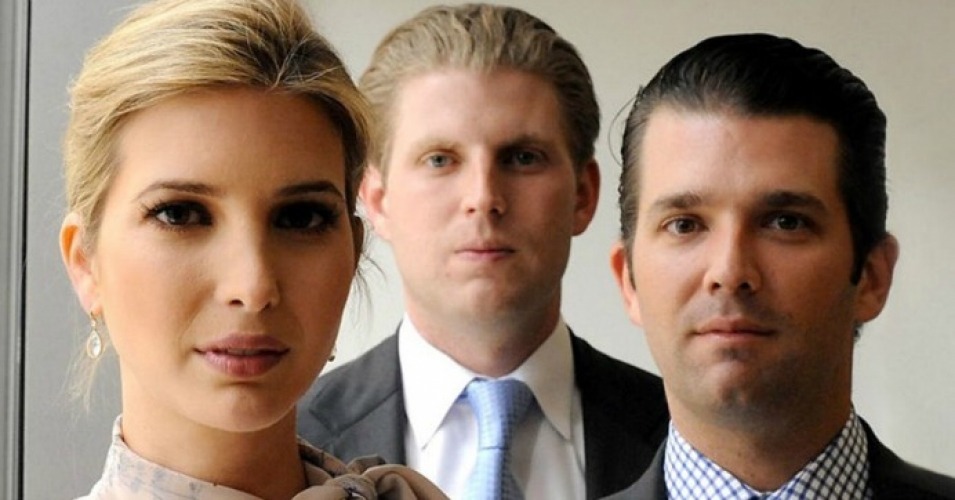Constitutional expert: Donald Trump may not be able to pardon his kids and advisers after all

Now that Donald Trump has begun publicly discussing the prospect of pardoning everyone involved with his scandals, it’s raised a number of legal and constitutional questions. Some of these scenarios can’t be definitively answered, because no past president has ever tried what’s being discussed. But one of the foremost Constitutional experts says that Trump may not be able to pardon his kids and advisers after all.
The widely agreed upon premise is that the president can pardon anyone, except in instances where that pardon would violate the Constitution in other ways. That’s led to a scholarly debate this week as to whether the president can legally pardon himself. If Trump were to try it, the Supreme Court would have to interpret whether doing so is Constitutional. And if it ruled against him, his self-pardon would be wiped away. But Harvard Law Professor Laurence Tribe says there are also Constitutional problems with the notion of Trump pardoning the others involved in his Russia scandal.
The reason: it’s not clear that the president can pardon his own co-conspirators. Here’s what Tribe had to say this morning: “Jared, Paul, etc: Trump’s promises to bail you out if you commit perjury may fail: courts could well toss out pardons by a co-conspirator!” (link). He then added that “pardons of coconspirators might ultimately be held unenforceable.” (link). So if Trump begins pardoning his family members and advisers, it may directly backfire on all of them in a legal sense.
Let’s say Donald Trump pardons Jared Kushner. By accepting that pardon, Kushner is legally acknowledging his guilt, as clearly spelled out by past Supreme Court rulings. Let’s say the court then rules that Kushner’s pardon is invalid because he’s Trump’s co-conspirator. Now Kushner has confessed to his crime, and must answer for it. Further, Kushner would lose his legal right not to incriminate himself, meaning he could then be forced to testify against Trump. This could apply equally to anyone ruled to have been a Trump co-conspirator. So Trump’s pardons could end up sending himself and everyone else to prison.
